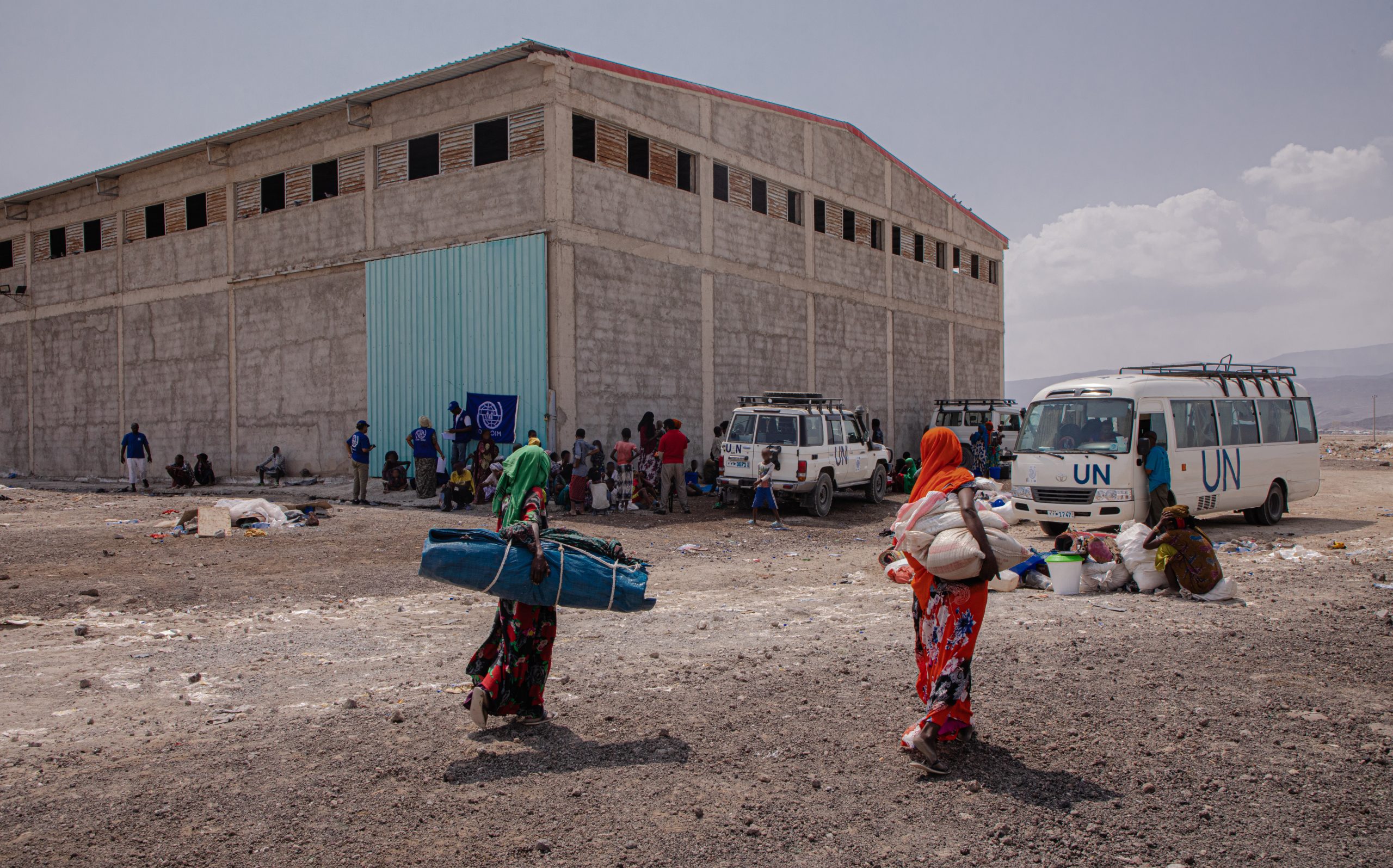Through this Online Course, participants will explore key aspects of the protection of IDPs, while analyzing internal displacement from different angles and perspectives. Starting from the international norms underpinning the protection of IDPs, including the Guiding Principles on Internal Displacement and the Kampala Convention, the workshop examines the causes and consequences of internal displacement, its current global trends, and the protection risks faced by individuals throughout the displacement cycle.
The Online Course also analyses cross-cutting issues, such as housing, land and property, data collection, and the international community coordination mechanisms established together with State authorities and civil society representatives to respond to IDP situations. The workshop ultimately addresses the search and implementation of durable and sustainable solutions for IDPs in line with the work of the United Nations Secretary-General’s High-Level Panel on Internal Displacement on the subject and the Action Agenda on
Internal Displacement. The course is organized with the support of the office of the United Nations Special Rapporteur on the Human Rights of Internally Displaced Persons.
The general objectives of the course are:
The Course is developed primarily to benefit senior and mid-level government officials involved in the formulation and application of legislation and policies affecting IDPs. It is also addressed to members of the civil society and the academia, who can positively influence the safeguarding of IDPs’ rights and advocate for their protection.
It is important for participants to have a very good knowledge of the language of the Course, in order to be able to consult background materials, attend lessons, and participate in group works and discussions (no simultaneous translation is available).
The Online Course is structured in four weeks, with the objective of providing an in-depth analysis of the subject of the training, including cross-cutting issues.
Weeks are composed of three to four live and self-paced sessions:
The Course strikes a balance between theory and practice and is delivered through a participatory and creative teaching methodology, aimed at facilitating the learning process and implementing the knowledge gained throughout the training. Sessions include lectures, presentations, case studies, group work, audio-visual support, and other activities, which respond to the various learning styles of a diversified audience.
Throughout the training, participants and expert facilitators are able to share best practices and experiences regarding the main topics and issues of the Course. Speakers delivering the sessions consist of United Nations Officials and other experts on refugee protection from around the world.
